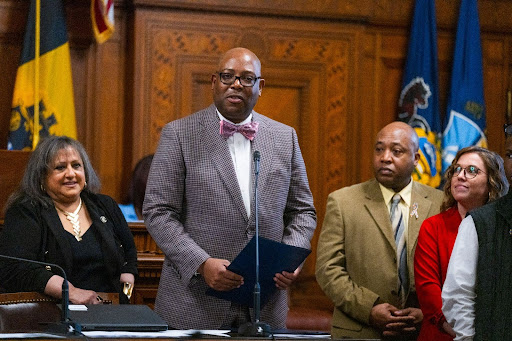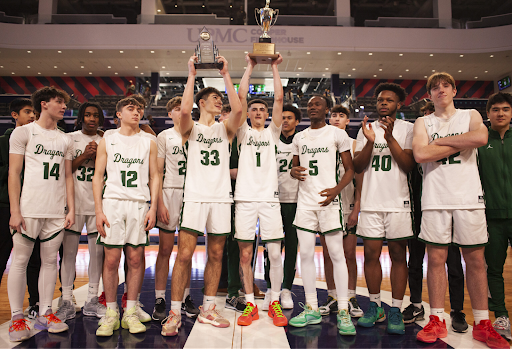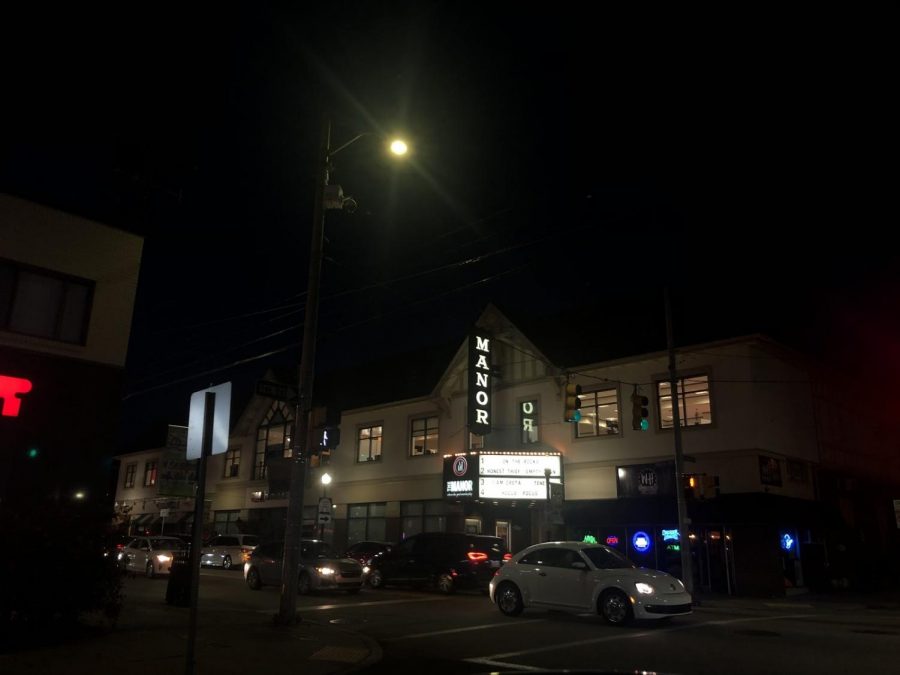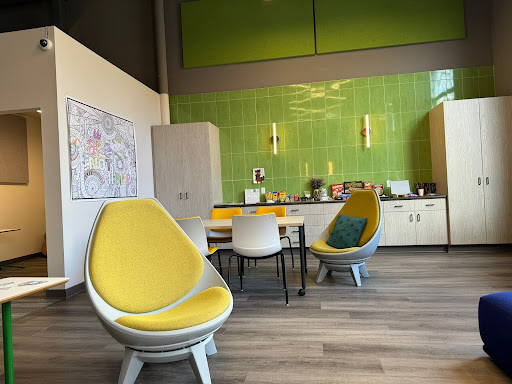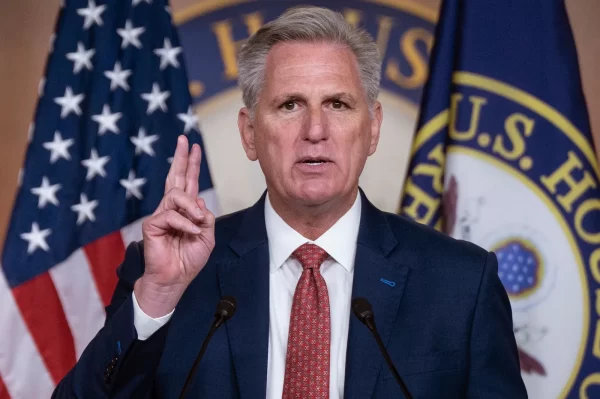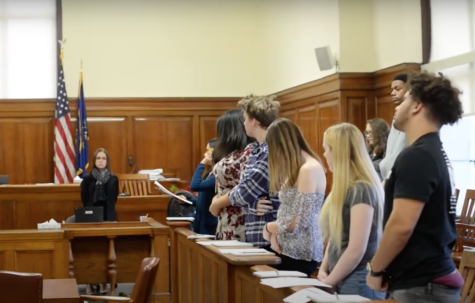The Manor Struggles As Pandemic Devastates Theater Industry
The Manor has been hit hard by the COVID-19 pandemic, as has the entire theater industry.
Of all of the industries affected by the coronavirus pandemic, movie theaters have been some of the hardest hit. Along with other non-essential businesses, movie theaters were forced to shutter mid-March. However, as the economy reopens and Americans learn to live with COVID-19, theaters continue to struggle.
This reality is true for The Manor, a four-screen theater in Pittsburgh’s Squirrel Hill neighborhood. The Manor closed their doors on March 16, and their business hasn’t been the same since.
The Manor was fully shut down throughout the spring season, finally opening up weeks after Allegheny County moved into the “green phase” of the pandemic on June 5, the final phase of reopening in Pennsylvania when nonessential businesses could begin to operate with restricted capacity and strict mask-wearing indoors. “We didn’t think our audience would want to come racing back to a movie theater in the middle of a pandemic. We spent a bit of time waiting it out,” said Manor employee and CAPA student Ethan Beck.
However, as the theater did reopen, there was an unusual lack of films to show. The expected onslaught of summer blockbusters, including a James Bond sequel, Wonderwoman 1984, and Marvel’s Black Widow had been pushed black into fall or even 2021, and Disney’s heavy hitters Onward and Mulan moved to their streaming service.
The theater employed a strict set of cleaning protocols after each showtime, wiping down every filled seat after each showtime and adding synthetic glass shields at all points of face-to-face interaction inside, but these efforts didn’t do much to help a lack of moviegoers. “Right now it’s not super busy, which is, I guess, good to some degree because the more people are there the more likely there’s going to be an issue with COVID,” said Beck. “This is not obviously the best position to be in, and it’s not particularly financially sustainable. I think we can eek out a few months. I think it would be interesting to see what happens by the end of the year.”
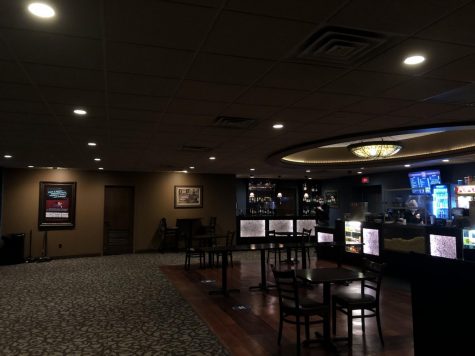
After the pandemic began, many regular employees left the Manor for more sustainable jobs during the shutdown, as they were not being paid while the theater wasn’t open. With a lack of crowds, even as the theater has reopened, the staff hasn’t returned to its pre-pandemic size. “We’re opening later because we are doing less showtimes because there are less people coming in, so that means we are doing longer shifts but less people,” said Beck. This means employees are working fewer hours, and therefore getting less pay.
Because of the changes to The Manor, there has been a change in the way people go to the movies. The Manor has developed an online platform to buy tickets for specific seats in the theater, and only two out of seven seats per row are even available for purchase. Beck has noticed that people will “stake out” the theater, buying their tickets last minute to make sure they have the theater to themselves. The Manor also now allows individuals to rent an entire screen for themselves for the price of 20 tickets, an option that might be more attractive for a group of families rather than running the risk of sharing a theater with strangers. While masks are required inside the theater, individuals may temporarily remove their mask to eat concessions, which increases the risk of COVID-19 transmission.
Over the past few months, The Manor has been showing a collection of smaller indie films, old favorites, and the occasional new big-budget movie. “We’re kind of feeling our way through,” said Beck. “I feel like the best way to look at is, ‘The Manor is doing the best job we can, but it still doesn’t mean people are going to want to see movies right now.’” That seems to be the reality for the entire film industry until the pandemic is under control.


